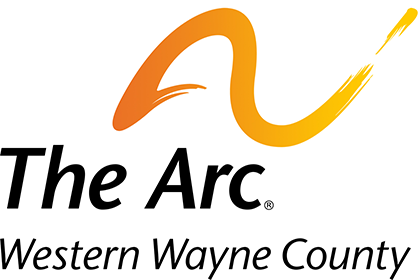Managed Care Plans are health insurance plans that negotiate discounts with certain hospitals and clinics to care for people enrolled in their plan. Some plans require enrollees to use only doctors and hospitals in their networks, but many allow enrollees to pay extra to see out-of-network doctors. The premium for coverage in managed care is usually lower than in traditional health insurance, which makes managed care attractive for employers who are paying all or part of the premium. In most cases, managed care plans require you to pay a co-payment, or a set fee usually between $5 and $15 each time you visit the doctor.
Most managed care plans assign their enrollees to a primary care doctor, or for a better term gate-keeper, who is responsible for coordinating patient care. The plans typically require that patients get approval from their primary care doctors before seeing a specialist.
Health Maintenance Organizations, or HMO’s, are the most common form of managed care plans. HMO’s provide specific health services for a fixed monthly fee, or premium. Some HMO’s have their own doctors, hospitals and clinics. Others have arrangements with selected private service providers, allowing enrollees to see doctors in their own private offices.
Preferred Provider Organizations, or PPO’s, agree to refer patients to specific doctors and hospitals in return for those providers delivering care to enrollees at a discount. Enrollees can use providers in the PPO’s network or pay a much higher price to see providers outside the network.
Point of Service, or POS plans, are similar to HMO’s in that enrollees are assigned to a primary care provider in the network. Like a PPO, however, a POS allows enrollees to pay an extra fee to see doctors outside of the network.
Phone code: 1330

Recent Comments